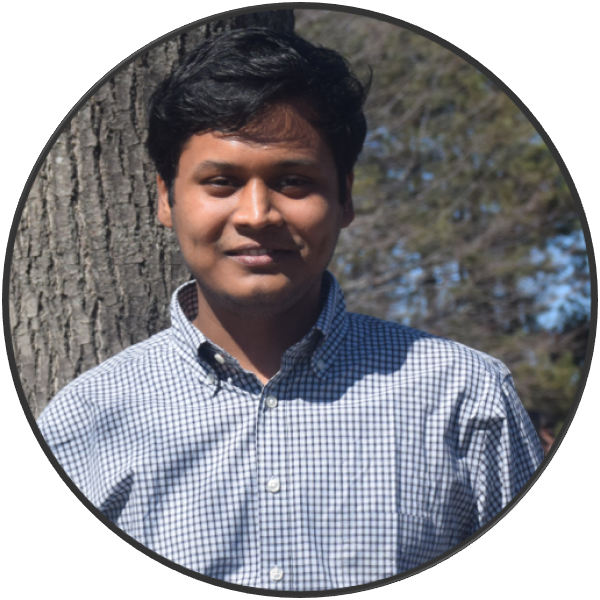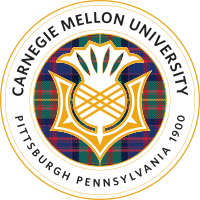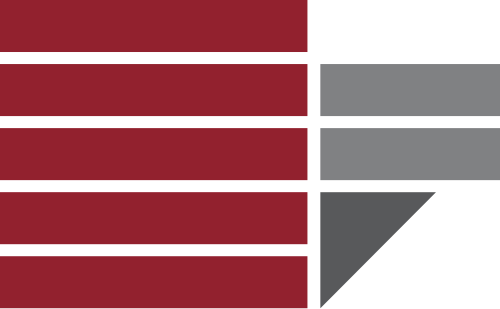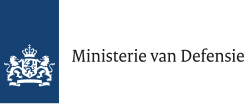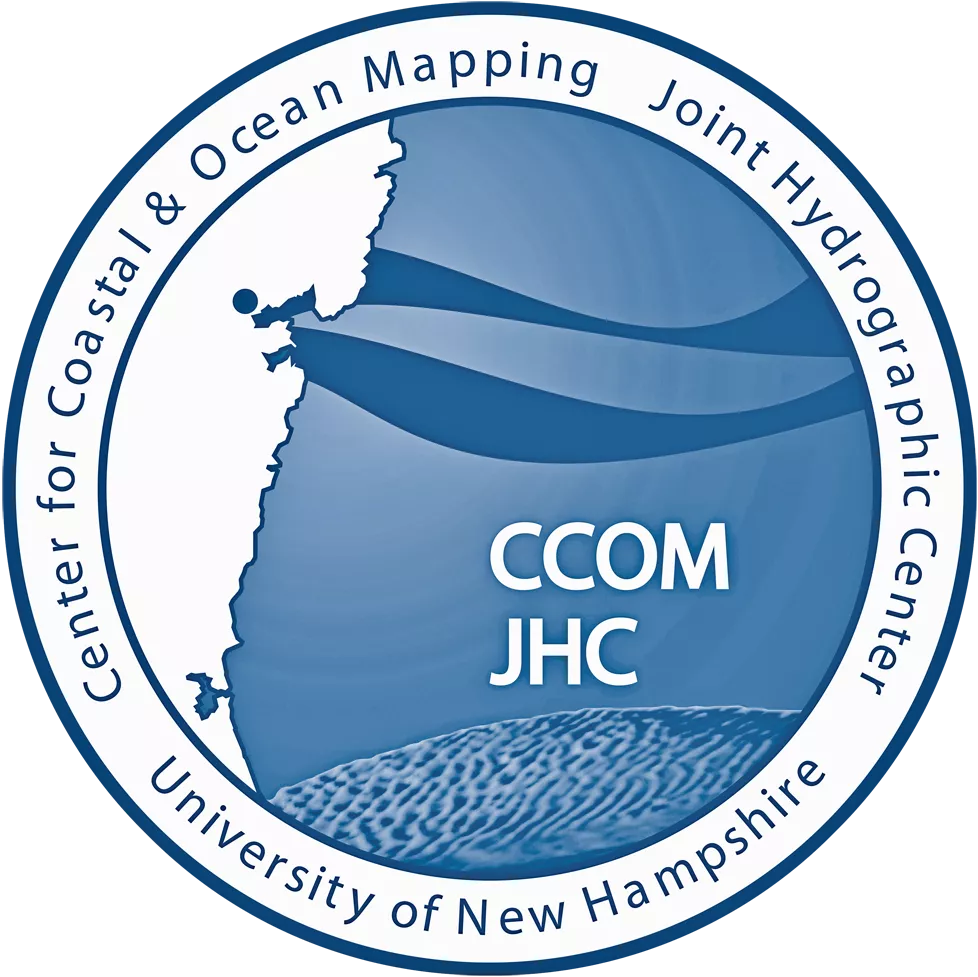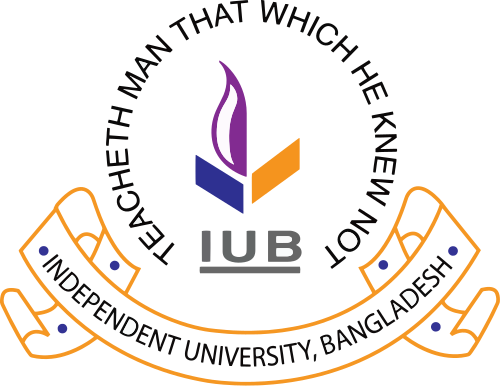Tonmoay Deb
I am a Data and Applied Scientist II at Microsoft, exploring machine learning and natural language processing as part of the Windows Group. I received my Ph.D. in Computer Science from Northwestern University, where I was a member of the Northwestern Security and AI Lab (NSAIL), advised by Dr. V.S. Subrahmanian. My research expertise spans cutting-edge AI including multimodal AI, computer vision, natural language processing, generative modeling, responsible AI frameworks, multi-agent systems, and robotics applications.
My doctoral research tackled a pressing real-world challenge: how to defend cities from weaponized drones while respecting the law. I developed autonomous systems for early threat prediction and multi-agent coordination, validated by the Dutch Police and The Hague municipality. A key finding was that incorporating legal constraints can actually improve tactical performance when defenders are outnumbered.
Email / Google Scholar / GitHub / LinkedIn
I spent two summers (2024 and 2025) in machine learning and natural language processing applied research at Microsoft and contributed to multimodal AI research at Zillow Group with Dr. Sing Bing Kang. I also collaborated on aerial perception at Carnegie Mellon's Robotics Institute with Dr. Sebastian Scherer. Before Northwestern, I spent Summer 2021 at the University of New Hampshire, working on unsupervised coral reef segmentation at the Center for Coastal and Ocean Mapping with Dr. Yuri Rzhanov and Dr. Kim Lowell.
My research interest on autonomous drone defense began at North South University with PATRON [demo], a multi-faceted research initiative combining crowd behavior analysis, surveillance, and anomaly detection. I was glad to be supervised by excellent advisors Dr. Mohammad Rashedur Rahman, Mr. Adnan Firoze, and Dr. Mohammad Ashrafuzzaman Khan. I graduated with Summa Cum Laude from North South University. I then explored video captioning and Bengali NLP as a Research Associate at Independent University Bangladesh's AGenCy Lab, supervised by Dr. Amin Ahsan Ali, Dr. A K M Mahbubur Rahman, and Dr. Iftekhar Tanveer.
My overarching dream is to give dreams to machines: the ability to perceive, reason, and act on real-world problems.
News
- January 2026: Joined Microsoft as Data and Applied Scientist II.
- December 2025: Defended Ph.D. Dissertation: "Responsible Defense from Multi-Drone Attacks" at Northwestern University.
- June 2025: Data and Applied Scientist Intern at Microsoft, Windows Update Platforms.
- May 2025: Invited presenter at the Salesforce AI Research Future Forum, Salesforce Tower Chicago.
- April 2025: Paper on DEWS published in IEEE Intelligent Systems.
- October 2024: Paper on Pareto-Optimal Agent Decision Making published in IEEE Transactions on Cybernetics.
- October 2024: DEWS Invention Disclosure submitted to Northwestern INVO.
- June 2024: Data and Applied Scientist Intern at Microsoft, Windows Update Platforms.
- April 2024: Paper "ZInD-Tell" accepted at CVPR 2024 Workshop (MULA). US Patent submitted.
- June 2023: Started Summer Research Internship (Computer Vision) at Zillow Inc.
- December 2022: Received AAAI Conference Travel Grant.
- December 2022: Received MS in Computer Science at Northwestern University.
- December 2022: Featured in Northwestern McCormick School of Engineering News.
- October 2022: DUCK Demo paper accepted at AAAI 2023.
- October 2022: Presented DUCK at Conference on AI and National Security. [Tweet]
- October 2021: One paper accepted at WACV 2022.
- September 2021: Joined Northwestern University for Ph.D. in Computer Science.
- May 2021: Started Summer Research Internship at CCOM, University of New Hampshire.
- April 2021: One paper from PATRON accepted at IJCNN 2021.
- February 2021: Starting Masters in Computer Science (thesis-based) at University of New Hampshire.
Ph.D. Dissertation
Commercial drones weaponized by non-state actors achieve attack success rates above 70%, yet existing counter-drone systems focus on detection rather than threat assessment and legally compliant response. This dissertation develops four interconnected systems for autonomous urban drone defense:
DEWS (Drone Early Warning System) classifies drone trajectories as threatening or benign based on initial flight segments. Evaluated on 349 real-world trajectories provided by the Dutch Police over eight months in The Hague, DEWS achieves F1-scores exceeding 0.80 within 30 seconds of initial observation.
STATE (Safe and Threatening Adversarial Trajectory Engine) addresses data scarcity through conditional generative adversarial networks that synthesize threat-conditioned drone trajectories based on geographic context.
POSS (Pareto-Optimal Status Sets) formalizes multi-objective decision-making under legal constraints using deontic logic and Pareto optimization, ensuring autonomous agents never select legally impermissible actions.
GUARDIAN (Governance-Unified Aerial Reinforcement-Defense In Accordance with Norms) coordinates defensive drone swarms using multi-agent reinforcement learning while maintaining strict legal compliance through POSS-based action masking. A key finding is that incorporating legal constraints can actually improve defensive performance when defenders are outnumbered, challenging assumptions that compliance necessarily compromises tactical effectiveness.
Publications
Journal Papers / Book Chapters






Conference Papers







Patents and Intellectual Property


Technical Papers


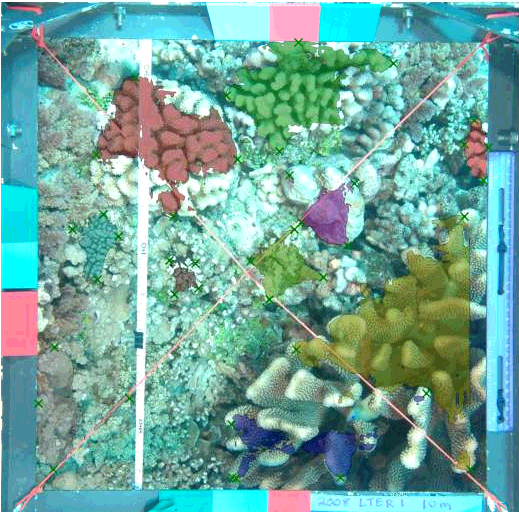


Service
Peer Review
- IEEE Transactions on Cybernetics (Impact Factor: 9.4), 2024
- IEEE/CVF Conference on Computer Vision and Pattern Recognition (CVPR), 2024, 2025, 2026
- European Conference on Computer Vision (ECCV), 2024
- International Conference on Computer Vision (ICCV), 2025
- Conference on Neural Information Processing Systems (NeurIPS), 2025
- AAAI Conference on Artificial Intelligence (AAAI), 2026
- International Conference on Autonomous Agents and Multi-Agent Systems (AAMAS), 2026
- IEEE/CVF Winter Conference on Applications of Computer Vision (WACV), 2023, 2024, 2025
- IEEE International Conference on Robotics and Automation (ICRA), 2021, 2023, 2024, 2025
- IEEE International Conference on Machine Learning and Applications (ICMLA), 2022, 2023
